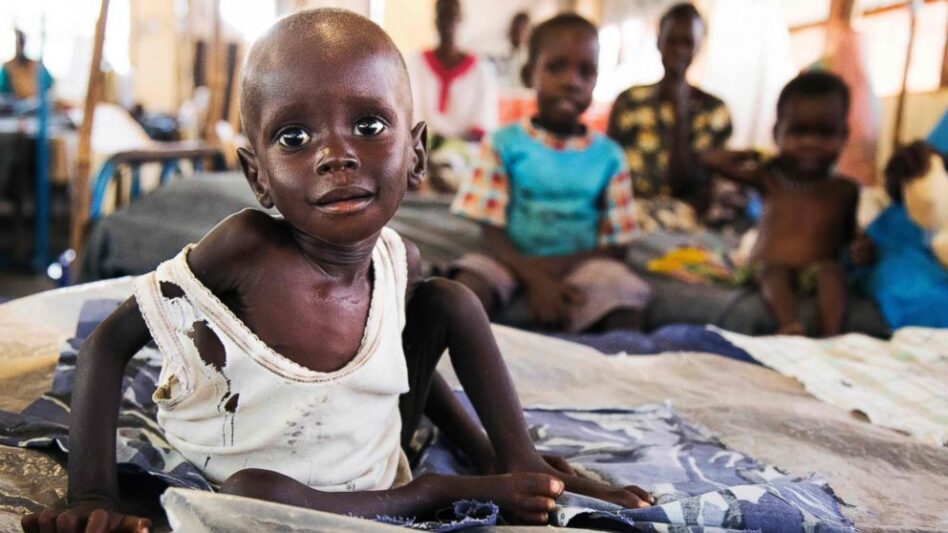WHEN COVID-19 hit the country, non-communicable diseases (NCDs) had to take a step back – adversely affecting patients – especially those from the B40 group.
As Malaysia gradually transitioned to the endemic phase of the COVID-19 pandemic, the Health Ministry (MOH) has announced its plans to focus on NCDs which were described as a ticking time bomb.
According to Hospital Kuala Lumpur’s (HKL) consultant clinical oncologist Dr Vaishnavi Jeyasingam, the healthcare industry like any other industry experienced slight delays in services due to several factors throughout the COVID-19 pandemic.
“Many clinical services were unable to run at maximum capacity. However, most services related to oncology were still being carried out although there were postponements of treatment, revised appointment dates and delayed investigations to a certain extent,” she told FocusM.
“However, this condition recovered fast and has been back to normal for some time now.”

MOH had recently launched the National Strategic Plan for Cancer Control Programme 2021-2025.
Some key areas of focus include requesting health technology assessment (HTA) for new targeted therapies that are being asked to be included in MOH Formulary as well as improving access to targeted therapies.
Targeted therapy is a type of cancer treatment that uses drugs or other substances to precisely identify and attack specific types of cancer cells. Most of these therapies have proven to provide patients like those with advanced breast cancer better quality of life.
Dr Vaishnavi said targeted therapies generally have fewer side effects than chemotherapy. “It is usually better tolerated by patients. Several but not all targeted therapies have shown superior outcomes compared to chemotherapy in several cancers,” she pointed out.
“A few targeted therapies in oncology have been included in the Government’s formulary for the last few years. However, it does not translate to a difference for patients unless additional budget is allocated for these additional new drugs.”
Targeted therapy like CDK4/6 inhibitors is slowly gaining recognition, especially among advanced breast cancer patients because it is different from conventional treatment.
Many health communities suggested that the Government should provide some allocation to targeted therapy so that more advanced breast cancer patients, particularly those from the B40 group can have access to life-saving therapy.
Currently, several targeted therapies are available for breast cancer patients, according to Dr Vaishnavi. “The patient’s fitness, medical conditions, financial background, among others, need to be considered when deciding on their future treatment,” she explained.
“Targeted therapy, in general, does provide a better quality of life than chemotherapy, and most patients would be offered targeted therapy if deemed fit.” – July 24, 2022









